Bygones: Remembering Don Revie - the man who transformed Leeds United
Motor neurone disease, that most cruel and unforgiving of conditions, claimed the life of the man who had built Leeds into a true powerhouse just a few hours before Arsenal midfielder Michael Thomas whipped the First Division championship from Liverpool’s grasp with the last kick of the last game in a season scarred by the tragedy of the Hillsborough disaster.
The following afternoon, Scotland hosted England in the Rous Cup for the final time. A dozen years earlier, the annual ‘Auld Enemy’ clash had proved to be Revie’s last in management on English soil as Gordon McQueen – one of his former Leeds players – helped condemn the Three Lions to defeat at Wembley.
Advertisement
Hide AdAdvertisement
Hide AdAs goals from Steve Bull and Chris Waddle earned Bobby Robson’s side a 2-0 victory at Hampden Park, fans were already adorning the gates outside Elland Road with scarves, flags and old Leeds shirts.
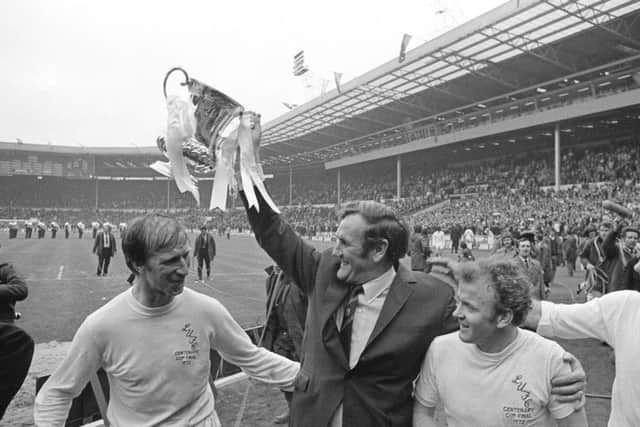

Some contained personal tributes to Revie, while others simply read, ‘Thanks!’ Such a simple sentiment seemed wholly appropriate.
To take a club from a city steeped in rugby league and cricket to the very top was a remarkable feat.
To do so despite rarely entering the transfer market – Johnny Giles, Mick Jones, Allan Clarke and Trevor Cherry were his only significant purchases in the decade following promotion in 1964 – elevated Revie to the realms of true managerial greats alongside Sir Alex Ferguson, Bill Shankly, Brian Clough, Jock Stein, Bill Nicholson and Sir Matt Busby.
Advertisement
Hide AdAdvertisement
Hide AdThe association with Leeds that would go on to transform both his own life and the fortunes of a club who up to then had been the very epitome of mediocrity began in November, 1958.
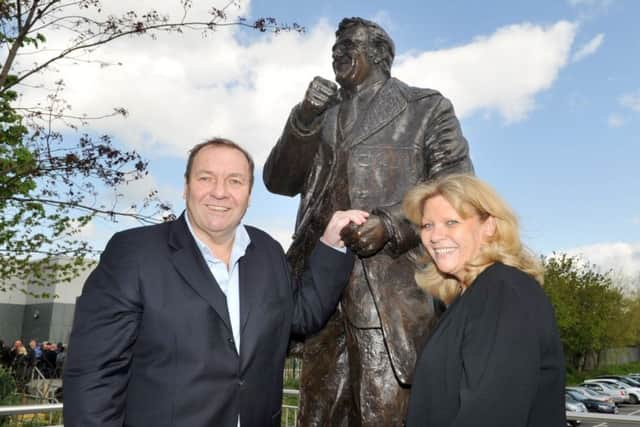

But Revie’s own story started 31 years earlier in Depression-hit Middlesbrough. Life was tough. Dad was an unemployed joiner, while Revie’s mum died when he was still a boy.
Revie rarely dwelt on those early years, though later in life he was not adverse to a joke or two at his own expense. Daughter Kim used to hum the theme from the Hovis advert and ask Dad if he’d had to push his bike up a big cobbled hill. “We couldn’t afford a bike,” came the deadpan reply, suggesting Revie was a Monty Python fan.
But there can be little doubt that a childhood characterised by poverty drove Revie in life. Football was his escape. As a player, he won countless plaudits to go with the prestige of being named Footballer of the Year in 1955 and lifting the FA Cup a year later with Manchester City.
Advertisement
Hide AdAdvertisement
Hide AdThe Leeds United he joined as a player from Sunderland for a £12,000 fee was very different to the one he left in 1974 to become England manager. Likewise a ramshackle Elland Road that, save for the newly built West Stand, betrayed the city’s preference for rugby league in the winter months.
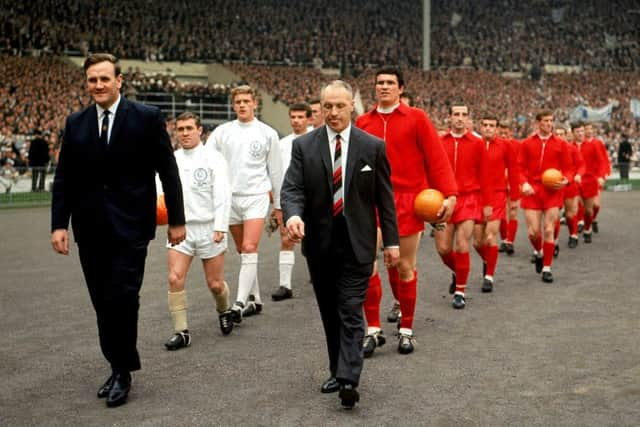

Revie’s first full season in the West Riding ended in relegation from the top flight, while his second brought a 14th-place finish. By then, though, Revie was six weeks into his reign as manager.
The first couple of years were tough. Relegation to the third tier was only avoided on the final day of the 1961-62 season. But, in time, Revie’s ability to spot and nurture talent would reap its reward.
Promotion in 1964 kick-started a remarkable decade that yielded two League titles, an FA Cup, two Inter-Cities Fairs Cups and a League Cup triumph.
Advertisement
Hide AdAdvertisement
Hide AdUnited never finished lower than fourth throughout those 10 years. Revie’s firm hand on the tiller was key to this success, as was the sense fostered by the ‘Boss’ that everyone at Leeds United was in it together.
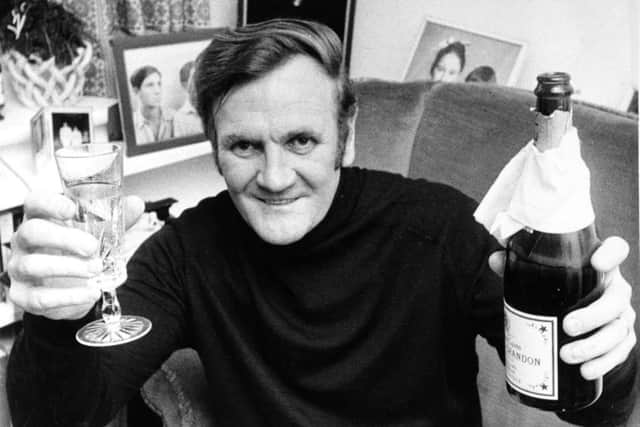

Revie made a point of starting his working day by calling in on the ground staff, who were always the first to arrive at Elland Road in a morning and often there until gone midnight on a match day.
Then came a visit to the ladies in the laundry room, closely followed by a tour of the office staff. Revie knew everyone’s name and everyone’s job.
Similar attention was paid to the players’ families. Revie – or, more likely, wife Elise, who was well versed in how tough like could be married to a footballer – made sure flowers were sent to a player’s wife on special occasions. One Cup final even saw Revie gather the wives and girlfriends together and tell them, ‘Right ladies, I’ve had your partners away from home so much during the season, you can treat yourselves to what you want. Do what you want and go where you want. Anything you want in the hotel is on me’.
Advertisement
Hide AdAdvertisement
Hide AdAs the trophies stacked up – United broke their duck in 1968 with the lifting of the League Cup – Revie’s grip on the club strengthened.
He ruled the roost, as even members of the board were to discover on away trips. Anyone not back on the team bus come the scheduled departure time of 5.30pm was left behind – as three directors discovered the hard way when left to make their own way home from Glasgow after a friendly against Celtic. Jack Charlton also suffered a similar fate at West Ham.
It was not just at the football club, either, where Revie carried such tremendous clout. There was one Friday lunchtime when the squad were due to catch the train south to London ahead of taking on West Ham United the following afternoon.
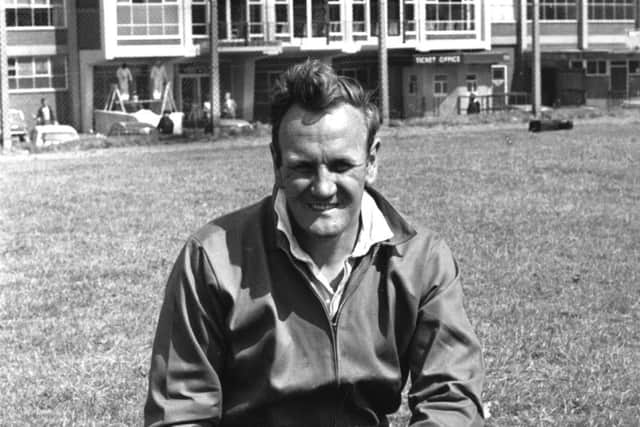

Everyone duly turned up, bar Billy Bremner who had been out the night before with friends and stayed at the nearby Griffin Hotel.
Advertisement
Hide AdAdvertisement
Hide AdSuch was Revie’s standing in the city that the station master was told to hold the train until Les Cocker had returned with the errant United captain and got him on board.
Revie left Leeds a few weeks after landing United’s second League title. His three years as England manager started in promising fashion but ended in ignominy, as – having been tipped off that he was about to be sacked – he quit to take charge of the United Arab Emirates national team.
The Football Association’s revenge came via a 10-year ban from English football. Revie later appealed and the ban was overturned. But his time in management was over.
A return from the Middle East in 1983 was followed three years later by a move to Elsie’s native Scotland. Then came the muscle-wasting disease that would end the life at just 61 on May 26, 1989.
Advertisement
Hide AdAdvertisement
Hide AdToday, his legacy can be found in not only the statue that can be found outside Elland Road but also the old Gelderd End that bears his name.
Perhaps the biggest tribute to the genius of Revie, however, is that the most recent attempt by United around the turn of the Millennium to revive those glory days almost killed the club that Don built.